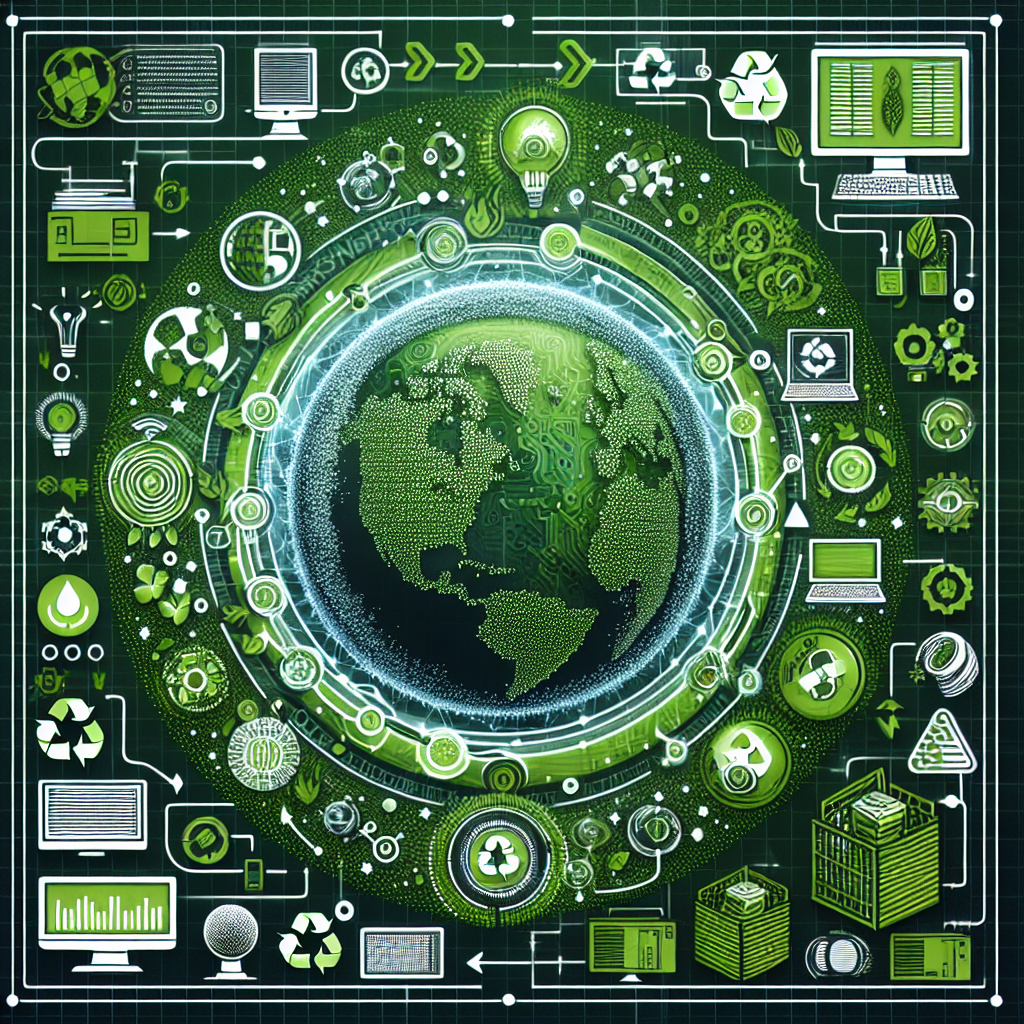Blog Ecobraz Eigre

How to use AI to estimate avoided emissions from e-waste recycling
Introduction to estimating emissions avoided by recycling e-waste with AI
The growing generation of electronic waste demands efficient solutions to mitigate environmental impacts. Recycling this material reduces greenhouse gas (GHG) emissions associated with the extraction and production of raw materials. The application of artificial intelligence (AI) makes the calculation of these avoided emissions more precise, enabling better planning and monitoring of environmental actions.
Legal basis and related regulations
The proper management of electronic waste is governed by the National Solid Waste Policy (Law No. 12.305/2010), which establishes guidelines for reduction, reuse and recycling. Specific regulations from the National Solid Waste Management Information System (SINIR) ensure control and transparency. These legal bases underpin the relevance of quantifying environmental impacts through advanced methodologies.
Application of AI in estimating avoided emissions
Machine learning techniques make it possible to analyze large volumes of data related to waste flow, recycling processes and emission factors. Algorithms trained with official data from the Ministry of the Environment and entities such as the e-waste collection schedule provide accurate predictions of avoided emissions, promoting transparency and reliability.
Data sources and integration for predictive models
Official data from SINIR (sinir.gov.br) and the MTR (Waste Technical Manifest) contain essential details such as waste types, volumes and destinations. Integrating this data with databases on CETESB emissions (cetesb.sp.gov.br) and government reports allows AI models to be trained efficiently, adjusting the parameters for different types of discarded electronic equipment.
Considerations on safe disposal and sanitization of digital media
The safe disposal of devices containing digital media, such as hard disks (HD), requires sanitization processes to avoid information security risks. Specialized services such as hard drive sanitization are essential and their data feeds into environmental impact models to recognize avoided emissions specific to this segment.
Operational and environmental benefits of AI for estimating emissions
The adoption of AI brings benefits in terms of reducing human error, speeding up the generation of environmental reports that comply with legislation and analytical capacity for proposing improvements in the waste management process. This results in greater efficiency in the quantification of avoided emissions, alignment with the goals of the Paris Agreement and the promotion of sustainable practices in the sector.
Conclusion
The use of artificial intelligence to estimate the emissions avoided by recycling electronic waste represents a significant advance for strategic environmental management. Based on official sources and legal compliance, this practice contributes to the transparency, operational efficiency and sustainability of the electronic recycling market in Brazil.

Deixe um comentário
O seu endereço de e-mail não será publicado. Campos obrigatórios são marcados com *